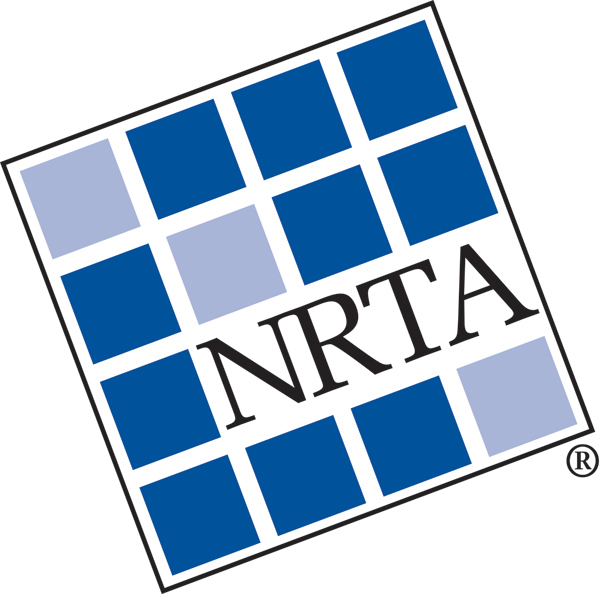Given the current real estate environment, it is imperative that commercial and retail tenants capitalize on the provisions in their leases. With this in mind, NRTA’s Classroom live features a new Real Estate Portfolio Management Series. This 4-part interactive session is tailored for new and veteran lease administration professionals.
If you are responsible for commercial real estate lease administration, portfolio management, and operating cost management, you need to reserve your seat at this table! The first segment of five information-packed training sessions begins October 7.
Limited seating is purposely planned to ensure a full interactive forum for participants.
This Classroom program features seven highly regarded industry experts in the Real Estate Portfolio Management field. Kudos to NRTA’s outstanding Real Estate Management Portfolio Team—Glenn Browne, Esq., Michael Burden, Esq., Teresa Fettig, Kirk Morgan, David Robinson, Esq., Albert Stabile, and Al Williams—who are all in and excited to share their expertise.
Discussion topics for today’s lease administration professional in this 4-part series include:
- Challenges in negotiating and administering leases. This interactive workshop prepares you to successfully negotiate—while at the same time presents alternatives and resolutions if your negotiations are not progressing in a positive or successful manner.
- Your property profit equation. This advanced session will investigate how the real estate developer, owner/investor, and lender look at your lease, AND how your company’s credit will determine what the landlord demands of you.
- Underperforming location? Explore what can be done to prevent an underperforming location from becoming surplus. If a location must close, how can you efficiently handle the disposition?
- Co-Tenancy clauses—the new “basics” for today’s lease administrators. It’s a new world! Classroom live attendees will learn the latest tactics regarding Co-Tenancy challenges targeting enforcement of various Co-Tenancy clauses specific to today’s economic climate.
